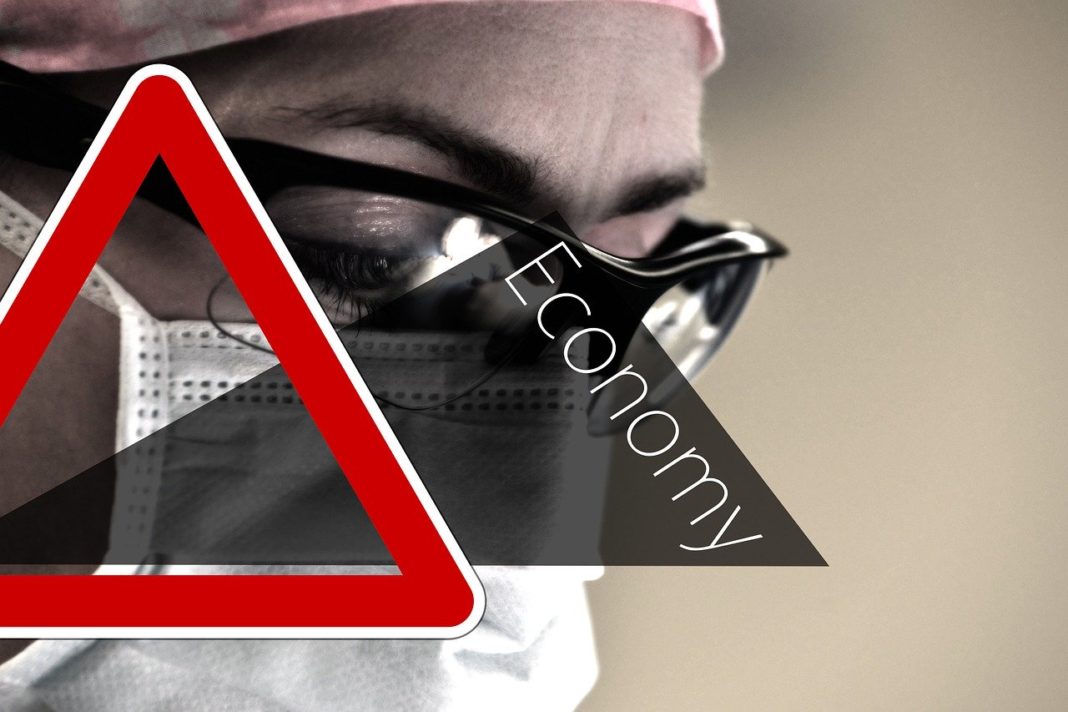The Federation of Small Businesses (FSB) has received more than 500 emails to a special hotline set up so that individual real-life examples of those not covered by the proposed Self-Employed Income Support Scheme (SEISS) could be highlighted to those running it.
SEISS was announced by the Chancellor last month as part of the Government’s financial response to the coronavirus crisis, and is due to go live in early June. It will cover around 3.8 million self-employed.
But those not covered by it include:
- Directors of limited companies – many of whom are one-person businesses or small employers – who pay themselves through dividends
- Those who have more recently become self-employed and do not have a 2018/19 tax return
- Self-employed above the trading profits cap of £50k a year.
- Those whose income from self-employment is below 50% of their earnings
FSB national chairman Mike Cherry said: “The Government’s schemes are generous in their attempt to protect the economy. However, these entrepreneurs have done nothing to warrant being entirely cut out of the Self-Employed Income Support Scheme.
“The UK economy, society and local communities are going to need as many as possible to be in a position to reactivate their businesses when this public health emergency is over.
“We have heard directly from hundreds who are not covered by this scheme, and who are frightened and bewildered about the situation they find themselves in.
“These are real, hard-working people who have built up successful businesses and paid taxes all their lives, who now find themselves facing hardship with little of the current support available for them.
“They include hair salon owners, childcare providers, dentists, pet-sitters, people across the creative industries. Some are ineligible because they’re only recently self-employed, some because they’re just over the £50k trading profits cap.
“A significant group outside of the scheme are many who are far from being high earners, who provide important services, who have paid their taxes over the years as owner directors or been forced to set up as limited companies because their customers required it.
“HMRC has often not fully recognised the diversity of businesses within these groups, and that is why FSB has shared more than 500 examples of real-life entrepreneurs and their real-life situations.
“We call on the authorities to look urgently at what help can be provided to those who miss out on the income support for self-employed. FSB has long called for HMRC to review how better to support some of these groups when we look at future tax and support arrangements.”
Examples
The hundreds whose circumstances FSB has highlighted include:
The owner of a fish and chip shop (closed due to coronavirus) and bakery (operating with significantly reduced business), whose previous earnings exceed the £50k a year trading profits cap.
The director of a creative business providing academy training in curtain-making, soft furnishings and interior design, whose business is registered as a limited company.
A childminder who only became self-employed in May 2019, therefore does not have a tax return for 2018/19.
A hair & beauty salon owner who has been able to furlough her employees but is set to receive only a small amount herself because she took most of her income through dividends.
The owner of a digital marketing consultancy which is run as a limited company. Work has dried up as most of their clients are in retail or hospitality, and some clients are unable to settle their invoices for work already done.
A sole-trader software developer who, in the absence of a legal form of ‘limited liability’ for sole traders became a limited company, to protect himself from the risk of unscrupulous clients or suppliers.
A pet-sitter who became self-employed in November 2018, but who was previously in full time employment, which means that less than 50% of her income in the tax year 2018/19 was from self-employment.
A childcare provider who previously worked 70 hours a week but whose work and income has completely disappeared. She is ineligible because through working long hours her average earnings for the last three years are above the £50k cap.
A boutique marketing agency owner who only registered as a limited company a few months ago as part of investment in the business, having previously operated it for nine years as self-employed.








